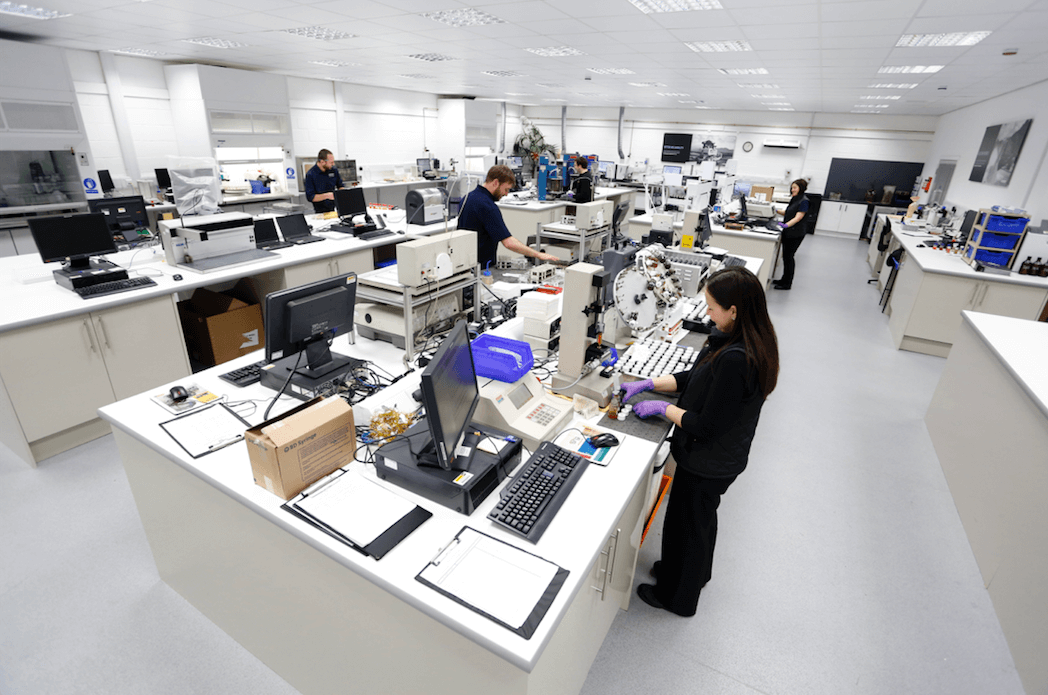
Andrew Bradbury, our Tier 4 engine Product Manager is on a mission to clean up the industry, by highlighting the benefits of low sulphur fuel and the problems encountered with using cheaper fuel.
To find out more, Finning News met with Andrew and some very clogged up components. Andrew: “Businesses and individuals are always looking at reducing their cost per tonne per litre. There are many ways of achieving this, through training, technology and better management, but the one perceived easy win, is cheaper fuel.
“The problem is, cheaper fuel may not meet the required standards. For example, poorer quality fuels can contain water and have particulate and sulphur levels that are much too high. This plays havoc with machine components, across all Tier 4 products on the market.
“Not only do they cause the obvious clogging up of filters, including the important Diesel Particulate Filter (DPF), they can also seriously impair engine performance, lead to advanced component wear and ultimately a machine breakdown.
“The main reason for this is that in order to meet emissions standards, Tier 4 engine components in particular have been engineered with much finer clearances and tolerances, to achieve the higher performance levels required.
“For example, fuel injectors now inject fuel into the engine at much higher pressures, achieving better fuel burn results. This performance is optimised for low sulphur fuel, meaning that when customers are using the correct fuel, the engine performance is at its highest level.
“With high filtration diesel fuel filters used in Caterpillar equipment, when you add in dirty fuel, the filters block much quicker. But the situation becomes even worse if you use a cheap filter with the incorrect micron rating, which would allow particulates to get into injectors. This in-turn would severely impair performance, leading to component wear and failure.
“So in practical terms you get less out of cheaper fuel, so the cost per litre differential narrows. Add to this another common issue of engine oil cross particulate contamination and you can see the continued journey of destruction and cost dirty fuel can take. As we service equipment from a whole range of manufacturers, we can see that poor quality fuel is now one of the top reasons for premature component wear and machine downtime.
“So my message to the industry is simple; don’t save the pennies by buying low quality fuel, save the pounds and increase performance by ensuring low sulphur and low particulate is the norm.”